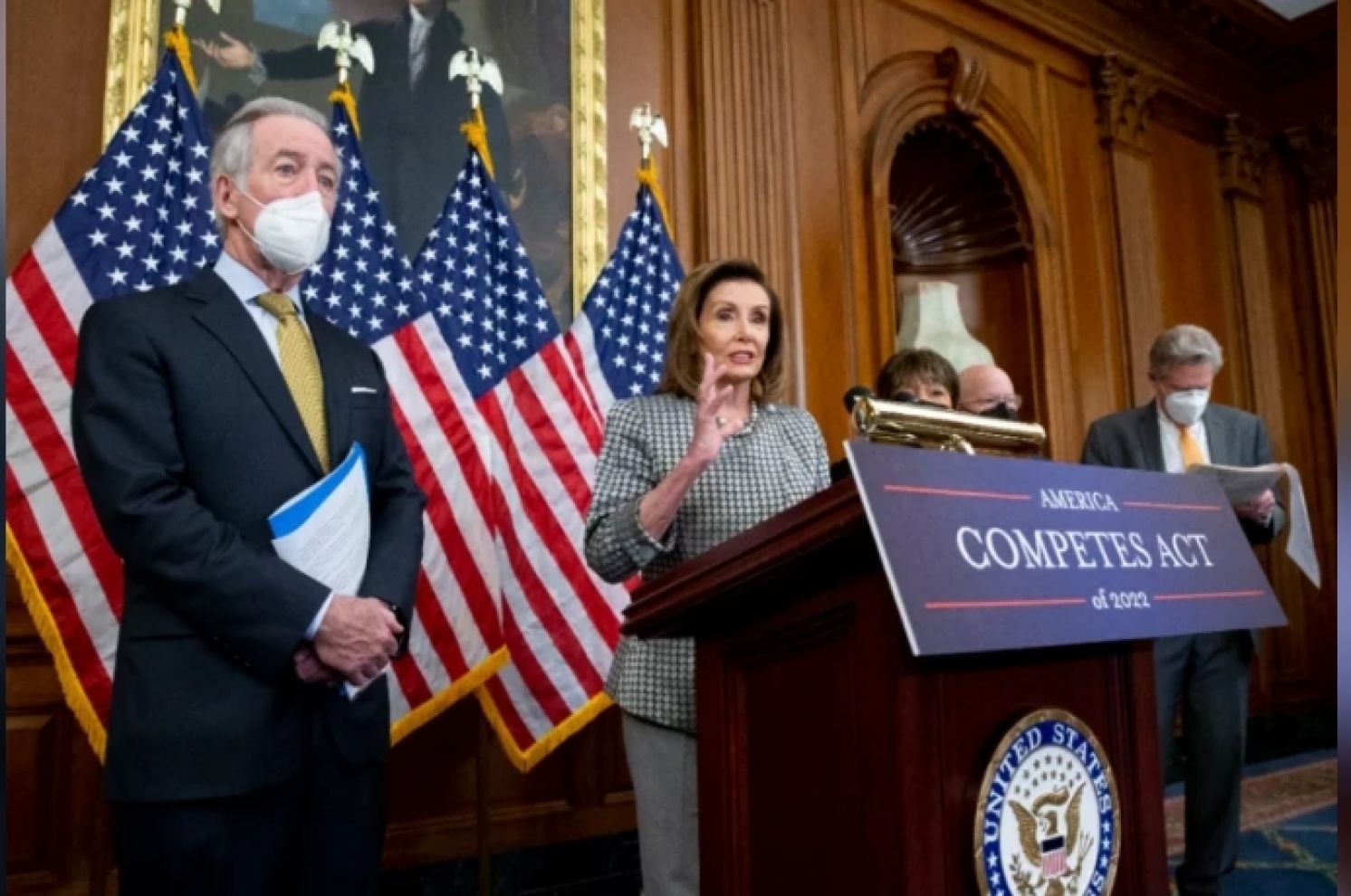
This Week in Taiwan 0125-0204
January 25: In the case involving the abuse of Legislator Kao Chia-yu by his boyfriend Lin Ping-shu, the New Taipei District Prosecutor's Office concluded that Lin committed domestic violence, threatened to retaliate the victim with intimate photos, found people to frame Kao on the Facebook pages of various elected officials affiliated with the ruling Democratic Progressive Party (DPP), and instructed friends to forge bank deposit records. The prosecution charged Lin with intimidation, offense against privacy, and document forgery and asked the judge to impose a serious sentence.
January 26: Reuters reported that Minister of Foreign Affairs Gabrielius Landsbergis of Lithuania had considered asking Taiwan to change the Chinese name of its representative office in Lithuania, in order to reduce tensions with China. Minister of Foreign Affairs Joseph Wu responded on January 25 that he had not been notified by Lithuania. According to Wu, the proposed name change is false information.
January 27: Vice President William Lai visited Honduras, stopping in transit at Los Angeles, where he held seven video conferences with bi-partisan members of the United States Congress. Lai was accompanied throughout by Chairman James Moriarty of the American Institute in Taiwan and Ambassador Hsiao Bi-khim, representative to the United States.
January 28: The government is expanding discussions about lifting the ban on nuclear-contaminated food products from Japan's five prefectures including Fukushima and sent a delegation to negotiate with Japan. The two sides have preliminarily agreed to lift the ban on aquatic and agricultural products. However, imports of some high-risk items such as wild mushroom, wild birds, and wild meat remain banned.
January 29: Taiwan saw a shortage of eggs with the Chinese New Year holiday approaching. In northern Taiwan, people reflected that eggs are hard to purchase. To buy eggs, some people went to multiple supermarkets, and some in northern Taiwan waited in line for an hour. According to people in northern Taiwan, the prices of eggs now vary greatly, ranging from NT$50 (about US$1.80) to NT$80 (about US$2.87) per 600 grams. The government should contemplate response measures.
February 3: The video of Taiwanese speed skater Huang Yu-ting wearing a Chinese uniform with the word "China" on it during practice, posted on social media, drew criticism. Huang removed the video on February 2 and explained that it was a team uniform given to her by a Chinese player that she met during training in Germany, and she wore it when she went to Beijing to practice. The Sports Administration, Ministry of Education, stated that it has reminded players to be more mindful and sensitive in this regard.
February 4: The opening ceremony of the 2022 Beijing Winter Olympics was held in the evening. When Taiwan's delegation entered the venue, the on-site broadcast introduced the delegation as "Chinese Taipei," but mainland Chinese state media, China Central Television, introduced the team as "Taipei, China" (zhongguo taibei). Japan's NHK referred directly to the delegation as "Taiwan."
February 4: The U.S. House of Representatives passed the nearly 3,000-page "America COMPETES Act," which will dedicate $350 billion to promoting the American semiconductor industry, solving domestic chip shortages, and strengthening American competitiveness against China. The legislation also called upon the executive branch to rename the "Taipei Economic and Cultural Representative Office" (TECRO) in the United States to the "Taiwan Representative Office" to reflect the pragmatic deepening of bilateral relations.
The Ministry of Foreign Affairs expressed its gratitude to the U.S. Congress for its long-term efforts in deepening U.S.-Taiwan relations through legislation and specific actions and showing strong support for Taiwan.